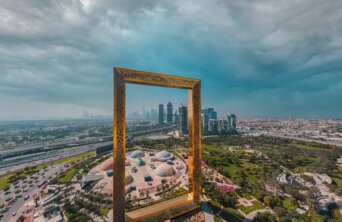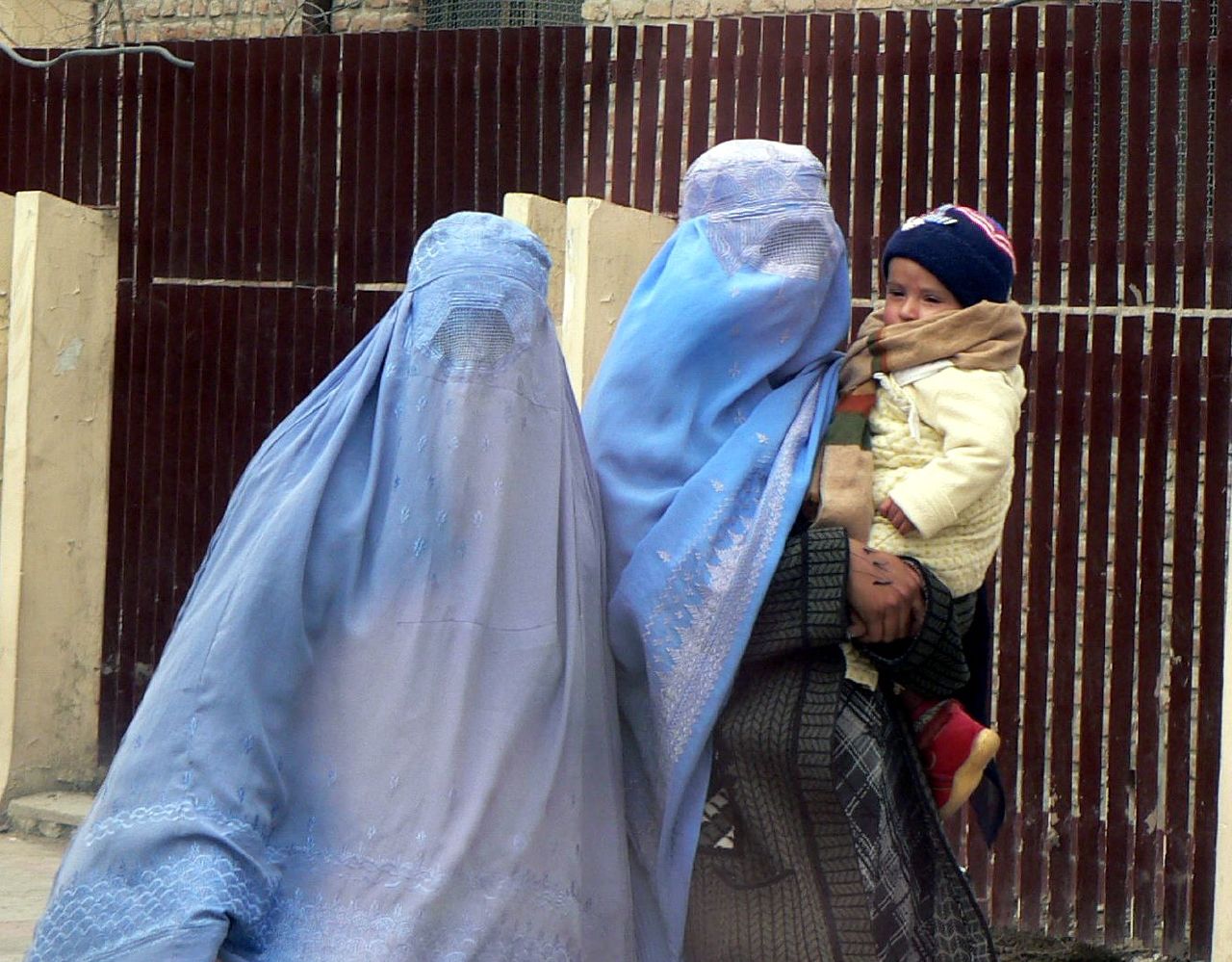- About
- Topics
- Picks
- Audio
- Story
- In-Depth
- Opinion
- News
- Donate
-
Signup for our newsletterOur Editors' Best Picks.Send
Read, Debate: Engage.

| topic: | Climate action |
|---|---|
| located: | Afghanistan, United Arab Emirates |
| editor: | Shadi Khan Saif |
World leaders gather in Dubai next week to take the ongoing debate further on the key issues facing humanity, but Afghanistan's voice will be broadly missing.
Experts began pre-conference talks today. The inaugural three days of the COP28 later on the weekend will involve initial high-profile talks regarding the agenda.
Various stakeholders will engage in tough negotiations on health, relief, recovery, peace, finance, trade, gender equality, and accountability for the next two weeks. The list also includes energy, industry, education, and land use.
Countries at the conference are set to defend their positions and promote their agendas with a physical presence and strong voice. But the playing field is not so level. Afghanistan, which has had no officially recognised government for the last two years, has no official representation at the conference. Only a few Afghan individuals from diverse backgrounds with broader relevance to the subject will attend COP28.
The doomsday scenario feared by the developed and developing countries is already at play in Afghanistan, where droughts, heatwaves and melting glaciers are wreaking havoc. The health sector is struggling due to reduced aid and the Taliban's gender-based policies. The backbone of the economy, agriculture, is also facing survival challenges due to drought, depleted groundwater, and lack of modernisation. Women and children are suffering from hunger, heatwaves, and drought, which forces many young people to migrate and resort to extreme measures.
Afghanistan is among the many countries where climate change and conflict overlap, creating unbearable conditions for millions of people, despite the country contributing little to the excessive greenhouse gas emissions that fuel these disasters. Organisations like the International Rescue Committee have urged global leaders to prioritise climate action in states affected by conflict.
Afghanistan is facing multiple crises directly and indirectly linked to climate change caused by developed nations. Despite this, it has yet to receive its fair share of the Green Climate Fund. All the UN Strategic Goals set for a more equitable society are undermined in Afghanistan as the debate of whether or not to recognise or engage with the Taliban continues to overshadow the pressing needs of the millions of inhabitants.
Perhaps for Afghanistan, COP28 can be an opportunity to re-engage with the global community.
Image by Ahmed Aldaie.
